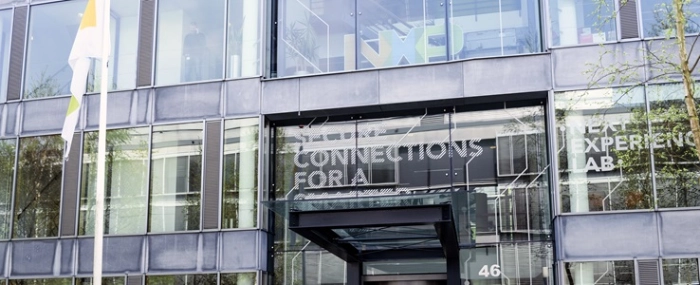
NXP could cut 1,800 jobs amid market headwinds
The Dutch semiconductor company has a total workforce of over 34,000 employees, including about 2,500 in the Netherlands.
Dutch semiconductor firm NXP said it could cut up to 1,800 positions from its global workforce amid increased market pressure as EU ministers meet to discuss trade relations with the US. The company, which has major locations in Eindhoven, Nijmegen and Delft, said it was unable to prepare for potential trade restrictions in the short term.
“We don’t know exactly what is coming,” an NXP spokesperson said. “That makes it impossible to anticipate. Producing a chip is a months-long process, which makes it difficult to adjust production on a daily basis.”
However, NXP clarified that the decision to slash jobs was not directly related to concerns over a potential trade war but rather to broader market conditions. The firm anticipates a “slight contraction” in its workforce, with no more than 5% of jobs being eliminated globally.
The company has a total workforce of over 34,000 employees, including about 2,500 in the Netherlands.
The Dutch company provides chips and other tech essential for high-speed digital processing used in sectors such as automotive, manufacturing, telecommunications and the Internet of Things.
NXP's forecast for its first-quarter revenue was below analysts’ estimates, a sign of lukewarm demand for its chips from industrial and automotive customers, according to a Reuters report.
The company expects its revenue to be between USD 2.73 billion and USD 2.93 billion for the first quarter. It posted fourth-quarter revenue of USD 3.11 billion, compared with the estimates of USD 3.10 billion.
NXP recently secured a €1 billion loan from the European Investment Bank to advance the company’s RDI investments across its broad portfolio of semiconductor solutions. The financing will support NXP’s research and development efforts in several EU member states, which will be implemented in its facilities in Austria, France, Germany, the Netherlands and Romania up to 2026.


